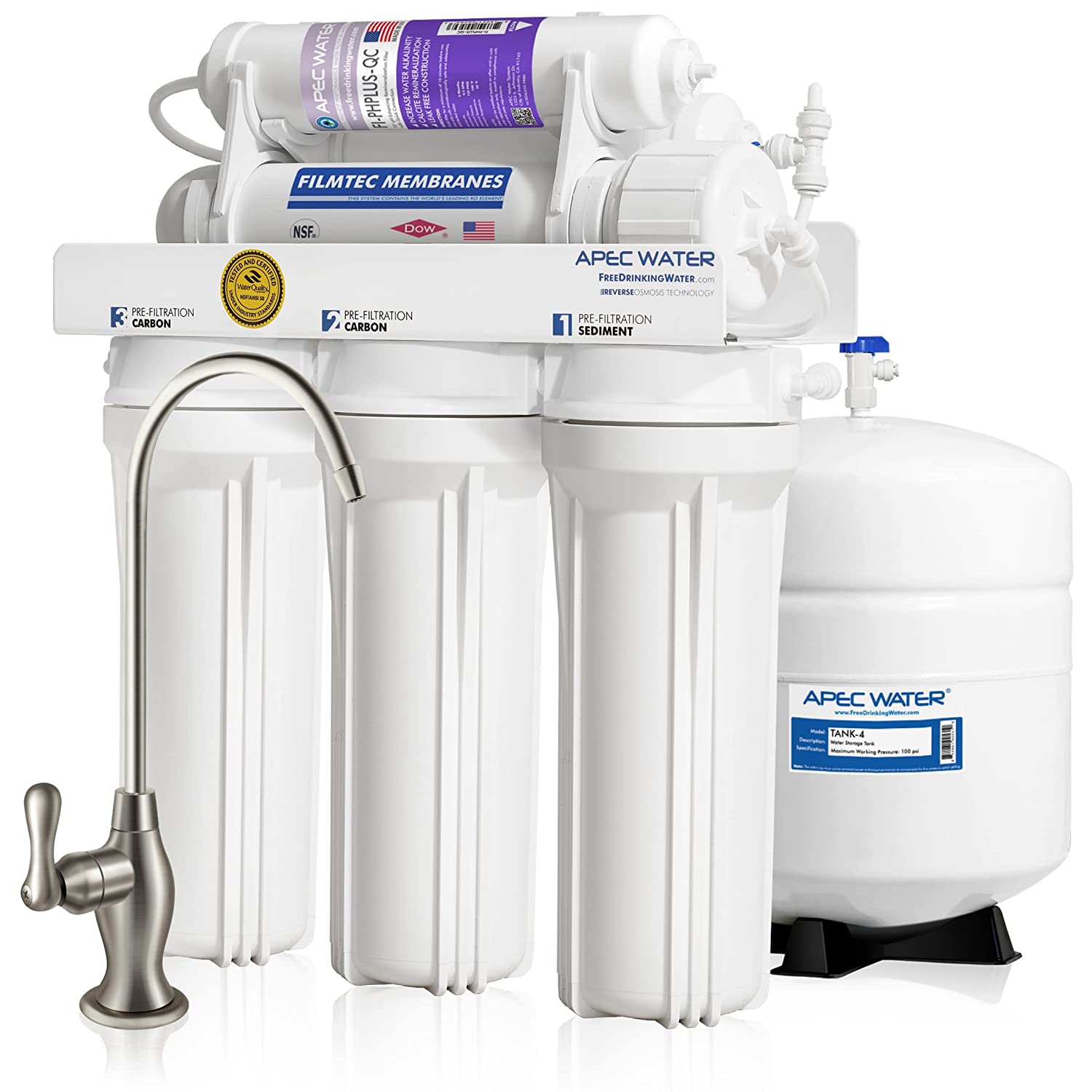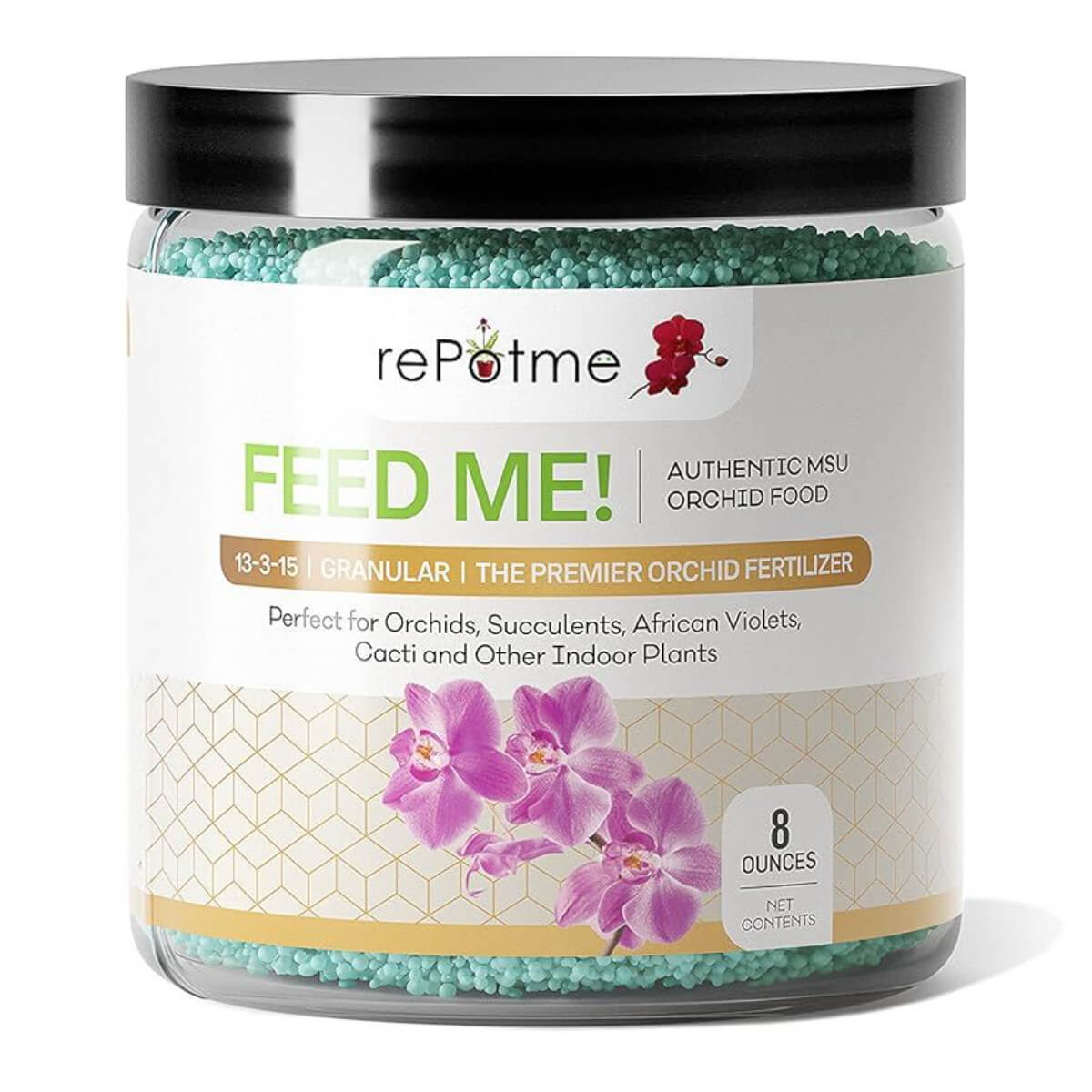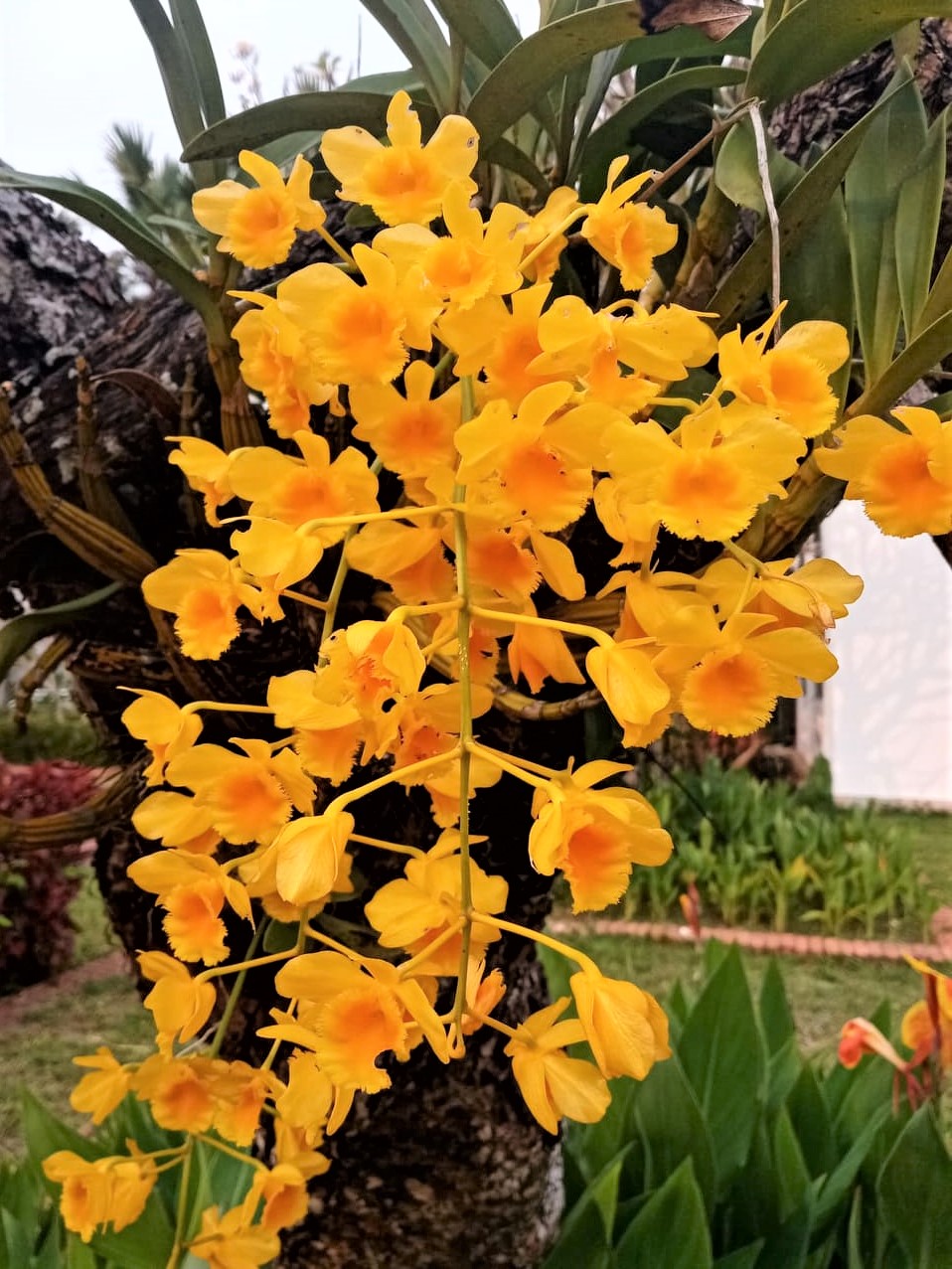- Home
- Fertilizing
- Care Of Orchid Plants
Mastering the Care of Orchid Plants: A Comprehensive Guide to Growing Stunning Blooms
Orchids are often called the "queens of the plant world," and for good reason. Each bloom is a masterpiece of asymmetry and balance, unlike any other flower in nature. Their exotic beauty, labyrinthine blooms, and air of elegance make them a favorite among plant enthusiasts. However, the care of orchid plants can seem daunting to beginners. The truth is, with the right knowledge and tools, anyone can grow these stunning plants successfully. This guide will walk you through everything you need to know about the care of orchid plants, from lighting and watering to humidity and pest control. Plus, we’ll introduce you to essential products that make orchid care easier and more enjoyable.

We are an Affiliate! We hope you find this information useful. Just so you know, we may collect a share of sales or other compensation from the links on this page. Thank you if you use our links, we really appreciate it.
Grow Thriving Orchids! Sign Up for Exclusive Care Tips & Tricks!
Understanding Orchids: Why They’re Worth the Effort
Orchids are more than just decorative plants—they’re a rewarding hobby. With over 25,000 species and countless hybrids, there’s an orchid for every taste and skill level. Whether you’re drawn to the classic Phalaenopsis or the vibrant Cattleya, these plants offer endless variety and beauty.
The care of orchid plants may require some attention to detail, but the payoff is worth it. Imagine walking into a room filled with lush, blooming orchids—it’s like having a piece of the tropics in your home

A cascading waterfall of delicate pink phalaenopsis orchids. Their petals, soft as silk and touched with a hint of blush, unfurl gracefully, creating a mesmerizing display of elegance. Check price at Orchid Republic.
Light: The Key to Orchid Growth and Blooming
Light is one of the most critical factors in the care of orchid plants. Orchids need the right amount of light to photosynthesize and produce their stunning flowers. Too much direct sunlight can scorch their leaves, while too little light can prevent blooming.
Most orchids thrive in bright, indirect light, some need more light than others and vice versa. Therefore, it is essential to assess the amount of light your orchids require based on the species of orchids you own. See our Guide to Optimal Lighting for more details. If your home doesn’t get enough natural light, consider using a full-spectrum LED grow light such as this. These lights provide the perfect spectrum for orchid growth and can be adjusted to mimic natural daylight. Follow the manufacturer’s guidelines to position the light at the optimal distance from your plants and use a timer to ensure they receive 12-14 hours of light each day.

Spider Farmer SF 1000
- Samsung EVO chips – 3.14µmol/J efficiency
- Silent fanless design – Zero noise pollution
- Dimmable 10-100% – Customize light intensity
- Infrared boost bars – Enhances flowering stage
- 5-year warranty – US/EU local service
- 21% bundle savings – Vs buying separately
- 4x4ft coverage – Ideal for orchids
Watering: Striking the Perfect Balance
Watering is where many people struggle with the care of orchid plants. Phalaenopsis orchids, which are epiphytic, are often the reference point for discussing orchid watering needs. However, there are numerous orchid genera, each with unique potting media and watering requirements You can read more about specific orchids and their varying needs by visiting our Ultimate Guide to Watering Orchids. If we are talking about Phalaenopsis or Vanda orchid overwatering can lead to root rot, while underwatering can cause dehydration.
The best approach is to water deeply but infrequently. Once a week, soak your orchid’s roots in water for about 10-15 minutes, then let them drain completely. To ensure your water is free of harmful chemicals, consider using a reverse osmosis water system. This is especially important if your tap water is hard or chlorinated.

APEC Water Systems Top Tier Supreme Certified Alkaline Mineral pH+ High Flow 90 GPD 6-Stage Ultra Safe Reverse Osmosis Drinking Water Filter System (Ultimate RO-PH90)
Humidity: Creating a Tropical Environment
Orchids thrive in humid environments, with ideal levels ranging from 50% to 70%. If your home is dry, especially during winter, you’ll need to boost the humidity around your plants.
One of the easiest ways to do this is with a tabletop humidifier. These compact devices add moisture to the air, creating the perfect environment for your orchids. For a more decorative option, place a small indoor waterfall near your plants. The flowing water will increase humidity while adding a calming ambiance to your space.
If you have a larger indoor garden or conservatory, an indoor-outdoor waterfall fountain like the following can make for a wonderful conversational piece.

- Durable cement construction for all-weather indoor/outdoor use
- Built-in rain and UV protection prevents fading
- Modern tiered bowl design for calming water flow
- Maintains 60-70% humidity – ideal for orchids
- Integrated LED lighting enhances nighttime ambiance
- Water sounds promote orchid relaxation (studies show plants respond to vibration)
- Vertical garden feature holds air plants or mounted orchids
- Versatile placement for home, garden, patio, or office
- Easy to assemble and low-maintenance design
Fertilizer: Feeding Your Orchids for Success
Like all plants, orchids need nutrients to grow and bloom. However, they have unique nutritional needs that standard fertilizers can’t meet. A specialized orchid fertilizer is urea free and formulated to provide the right balance of nitrogen, phosphorus, and potassium.
During the growing season (spring and summer), fertilize your orchids at least once a month, we recommend a 1/4 strength feeding on a weekly basis for most orchids, but refer to our Ultimate Guide to Watering Orchids for more specific needs. Be careful not to over-fertilize, as this can damage the roots and prevent blooming.
- Tailored for Orchids Specifically formulated by Michigan State University
- Pure Water Compatibility
- Balanced Nutrient Profile
- Urea-Free Formula
- Versatile and Easy to Use
Temperature: Mimicking Their Natural Habitat
Most orchids are native to tropical regions, where temperatures are warm and stable. To keep your orchids happy, aim for daytime temperatures between 70°F and 85°F, with a slight drop at night.
Some orchids, like Phalaenopsis, Cattleyas and Dendrobiums, need a temperature dip of 10-15 degrees at night to trigger blooming. If you live in a cooler climate, a programmable space heater can help you maintain the ideal conditions. Just be sure to keep your orchids away from drafts, air conditioners, and heating vents.
Ventilation: Keeping the Air Fresh
Good air circulation is essential for preventing mold, pests, and disease. Stagnant air can create a breeding ground for problems, so it’s important to keep the air moving.
An oscillating fan is a simple and effective solution. Set it on low and position it so that it gently circulates air around your orchids. If you’re growing orchids in a dedicated room, consider adding a small indoor fountain or waterfall. The moving water will improve air quality while adding a touch of tranquility to your space.

- Indoor Tabletop Waterfall Fountain
- Creates a soothing sound of flowing water.
- Helps maintain optimal humidity for orchids.
- Adds a decorative, zen-like touch to your space.
-Check Price on Amazon-
Pruning: Keeping Your Orchids in Top Shape
Pruning is an essential part of the care of orchid plants. It helps remove dead or diseased tissue, redirects energy to new growth, and keeps your plants looking their best.
After your orchid has finished blooming, use precision pruning shears to cut the flower spike just above a node. This encourages the plant to produce a new spike and bloom again. Regularly inspect your orchids for yellowing leaves or dead roots, and trim them as needed.
Pests and Disease: Staying Vigilant
Even with the best care, orchids can fall victim to pests like aphids, mealybugs, and spider mites. The key is to catch problems early and address them promptly.
A natural solution like neem oil spray is safe and effective for treating most orchid pests. Apply it every few weeks as a preventive measure, and your orchids will stay healthy and pest-free. If you notice signs of disease, such as black spots or mushy roots, isolate the affected plant and treat it immediately. Click here for more information on pests and diseases.

- For Organic Gardening
- Kills All Stages of Insects
- Use on Any Plant
- Use as Spray or Drench
- Concentrated Formula
Plants love Neem oil, watch them become invigorated after Neem treatment.
Repotting: Giving Your Orchids Room to Grow
Orchids need to be repotted every 1-2 years, or when their roots outgrow their container. Repotting refreshes the growing medium, provides more space for root growth, and prevents the buildup of salts and minerals.
When repotting, use a high-quality orchid potting mix that provides excellent drainage and aeration. Gently remove the old medium, trim any dead roots, and place the orchid in its new pot. Water thoroughly and allow the plant to adjust to its new environment. For more information see our Guide To Repotting Orchids.
Enhancing Your Orchid Experience
Caring for orchids isn’t just about keeping them alive—it’s about creating an environment where they can thrive. Add a relaxing essential oil diffuser to your orchid-growing space to enhance the ambiance. Scents like lavender or eucalyptus can make your gardening sessions even more enjoyable.
For a touch of luxury, consider adding a smart garden system to your setup. These systems monitor light, humidity, and temperature, ensuring your orchids always have the perfect conditions.

Final Thoughts on The Care of Orchid Plants
The care of orchid plants may require some effort, but the rewards are well worth it. With the right knowledge and tools, you can grow stunning orchids that bring beauty and tranquility to your home.
By incorporating products like grow lights, humidifiers, and reverse osmosis systems, you’ll simplify the process and elevate your orchid care routine. So why wait? Dive into the world of orchids and transform your home into a blooming sanctuary.
Recommended Products for Orchid Enthusiasts:
- Full-spectrum LED grow light
- Reverse osmosis water system
- Tabletop humidifier
- Specialized Orchid Fertilizer
- Oscillating fan
- Precision pruning shears
- Neem oil spray
- Orchid potting mix
- Relaxing essential oil diffuser
- Smart garden system
By integrating these products into your orchid care routine, you’ll not only simplify the process but also elevate your indoor gardening experience. May your orchids bloom abundantly and bring you endless delight!
We hope you found this information useful and if you like Heavenly Orchids, please join our mailing list for monthly updates.
Follow us on Pinterest for more orchid care tips, stunning plant inspiration, and creative indoor gardening ideas! Discover pins on lighting, watering, and more to help your orchids thrive. Let’s grow together!







